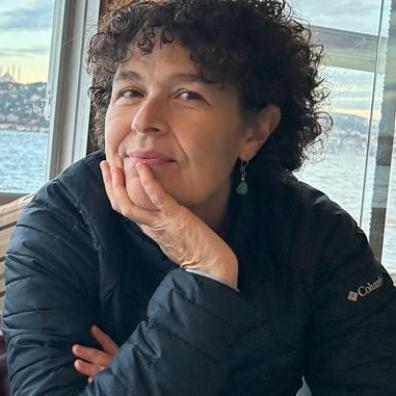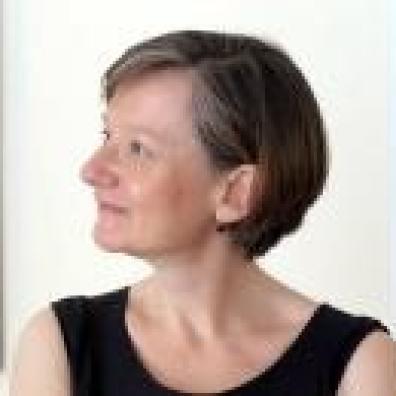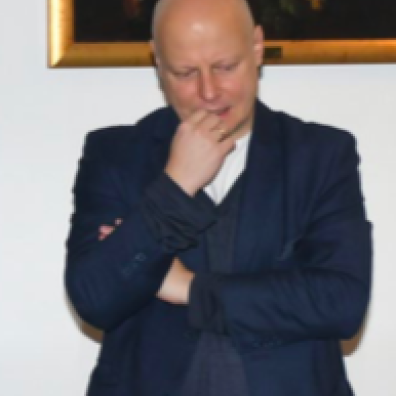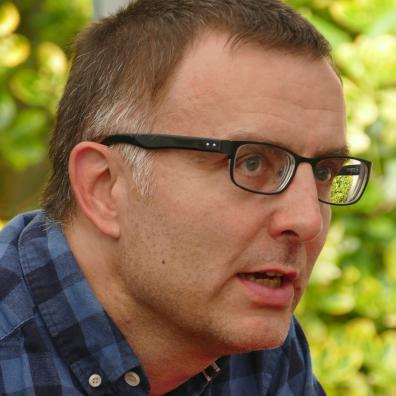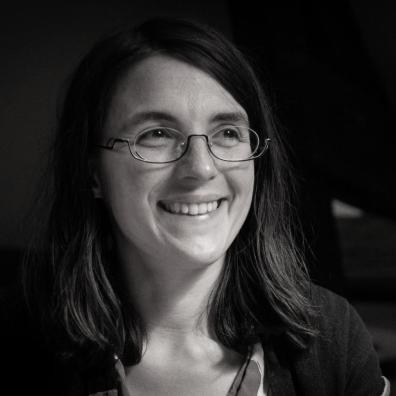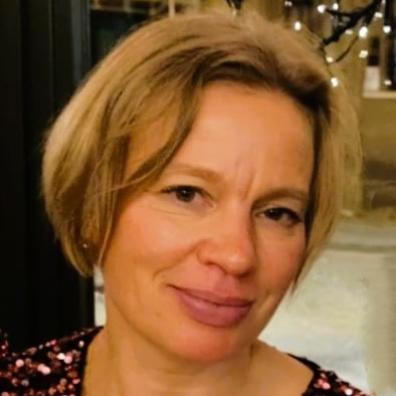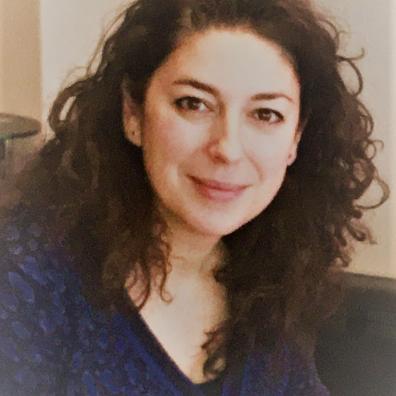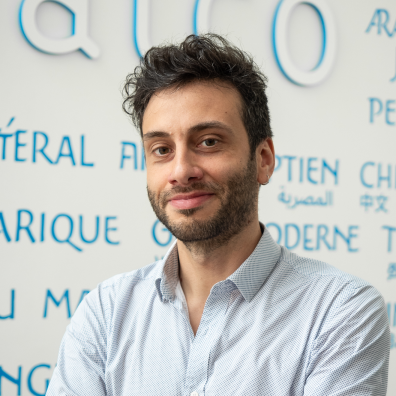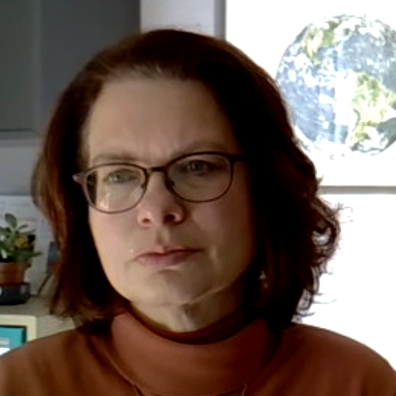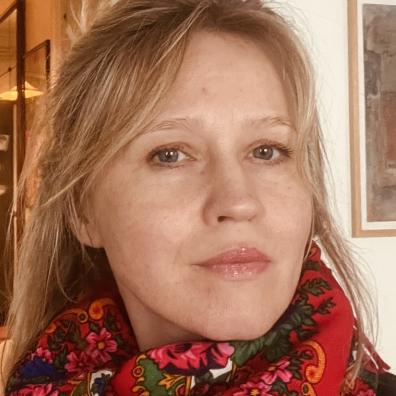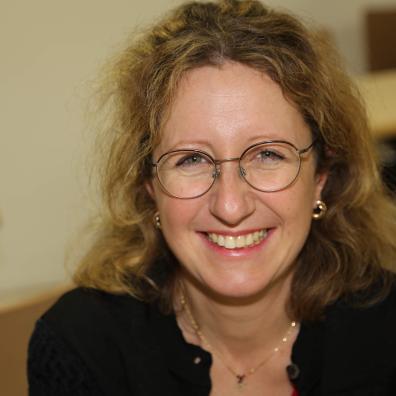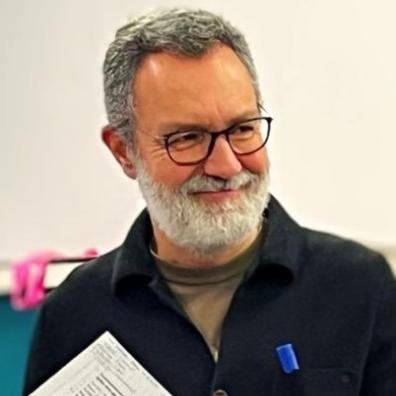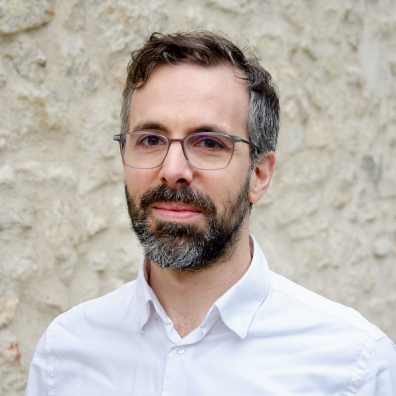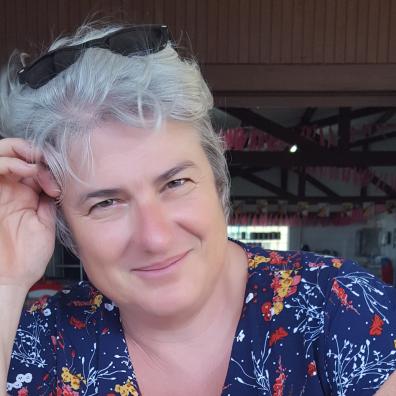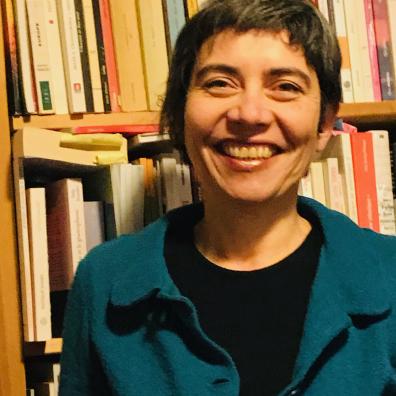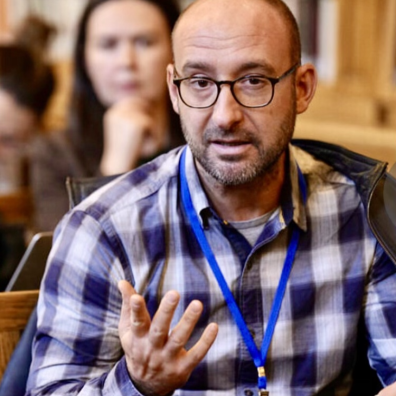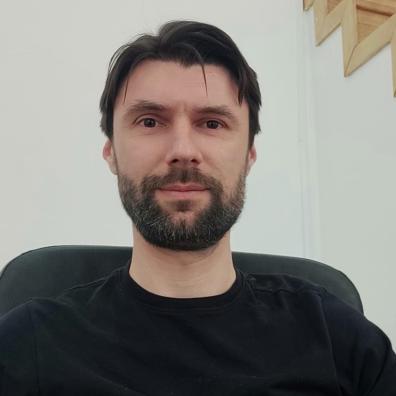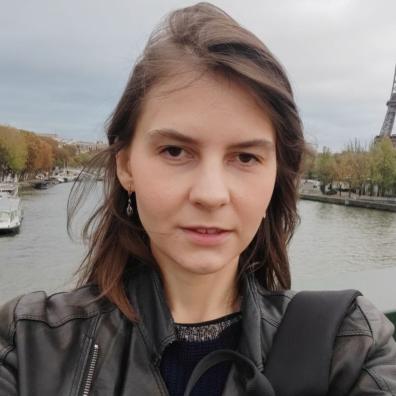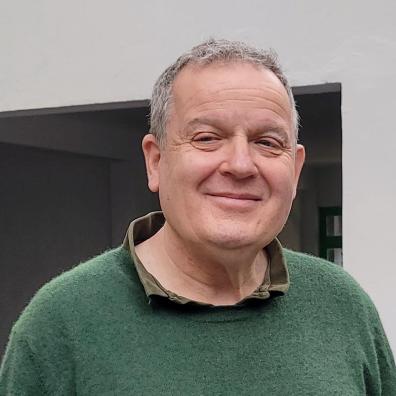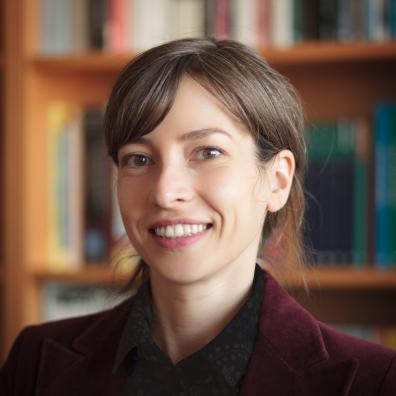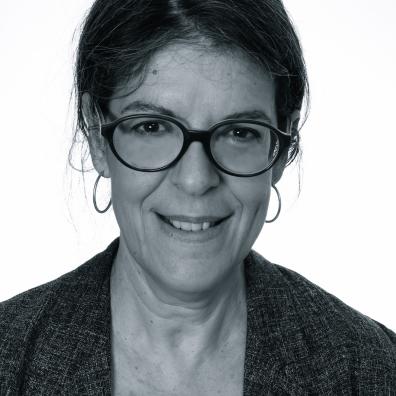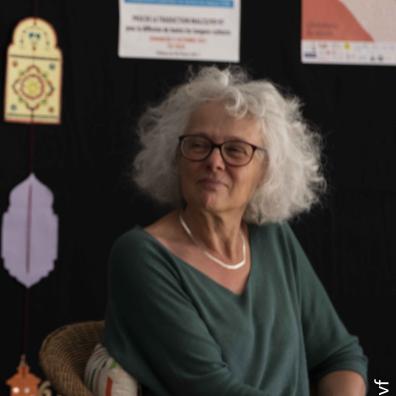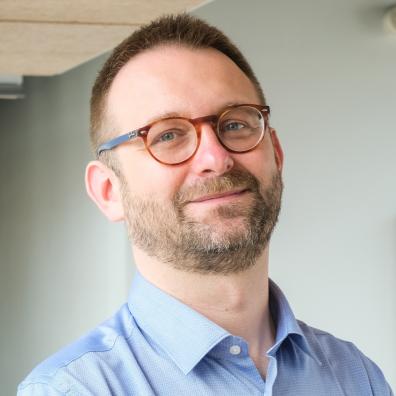Europe
Covering a geographical area (sometimes referred to as Central and Eastern Europe) stretching from the Baltic to the Aegean and from Germany to Russia, and highlighted more than ever by recent history, the department brings together eighteen highly diverse languages.
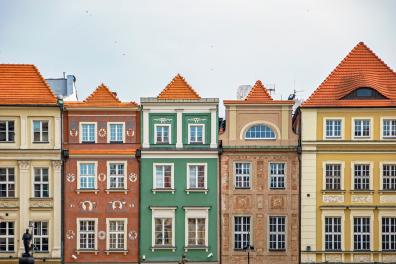
Languages taught
More than half of the eighteen languages offered by the department are Slavic languages: Polish, Czech, Slovak, Sorbian, Slovenian, bosnian-Croatian-Serbian, bulgarian, macedonian, Belarussian, ukrainian.
Three belong to the Finno-Ugric family: Hungarian, Finnish and Estonian.
Two are Baltic languages: letton and lituanian.
The others are romanian, the only Romance language taught at Inalco, modern greek and albanian.
Most of them are now official languages of the European Union, or are set to become so in the near future. As well as being of linguistic and cultural interest, their study can open up interesting career opportunities, particularly in the fields of translation and interpreting, or as an original complement to other skills.
NB: the teaching of Belarussian is managed by the Russian Studies department, that of rromani is managed by the Indian, South Asian and Tibetan Studies department.
The courses on offer
Licences
- Licences de Langue Littérature et Civilisation Etrangères (LLCER) of Albanian, Bosnian-Croatian-Serbian, Bulgarian, Estonian, Finnish, Modern Greek, Hungarian, Latvian, Lithuanian, Macedonian, Polish, Romanian, Slovak, Slovenian, Czech and Ukrainian.
Access the licenses page
Access the licenses brochures page
Masters
- Master of Foreign Language Literature and Civilization (LLCER) in Albanian, Bosnian-Croatian-Serbian, Bulgarian, Czech, Estonian, Finnish, Modern Greek, Hungarian, Latvian, Lithuanian, Macedonian, Polish, Romanian, Slovak, Slovenian and Ukrainian.
- Joint Paris-Ljubljana master's degree
Access the masters page
Access the masters brochures page
School diplomas
- Diplomas in Language and Civilization (DLC) levels 1 to 4 in Albanian, Bosnian-Croatian-Serbian, Bulgarian, Czech, Estonian, Finnish, Modern Greek, Hungarian, Latvian, Lithuanian, Macedonian, Polish, Romanian, Slovak, Slovenian and Ukrainian.
- Distance Language and Civilization Diplomas (DLC) in Estonian (levels 1 to 4) and Lithuanian (level 1).
- Diploma in Civilization (DC) of Central and Eastern Europe.
- Diploma in Language (DL) in Slovak (levels 1 to 3) distance and face-to-face.
Go to the School diplomas' page
Access the School diplomas brochures page
Other courses
These courses can be chosen as part of a bachelor's degree (UE3 or UE4) or the Diplôme de civilisation (DC) de l'Europe médiane, but also as part of a passport or minor registration.
- Courses without language prerequisites: See the pages for licenses LLCER and diplomes de civilisation
- Belarusian course (run by the Russian Studies department ): See more information on the Belarussian page
- Udmurt course : See more information on the Udmurt page
- Rromani course (run by the Indian, South Asian and Tibetan Studies department): See more information on the rromani page
- Sorabian course: See more information on the sorabian page
Department teachers
Departmental administration
Codirectors : Eric Le BOURHIS View e-mail and Anne MADELAIN View e-mail
Referent master : Andreas GUIDI
Referent regional teachings :Jana VARGOVCIKOVA
Referent transversal teachings : Hélène de PENANROS
International relations referent: Georges KOSTAKIOTIS
Internet and IT referent: Ardian MARASHI
Student representative on the Department Board : Ana-Andreea FINTA
Student representatives on the Department Board:
Cloé HELAOUET MORICHON, Gwendal FLORY, Ana-Andreea FINTA, Wiktoria LUCZAK
Mihail GLODEANU, Emile CHALAND, Maria CHICOU, Aurélien WEISS
Contact : View e-mail
